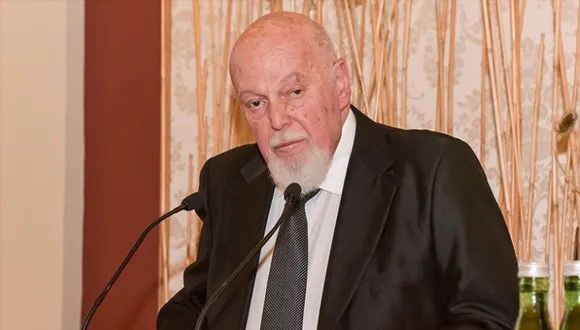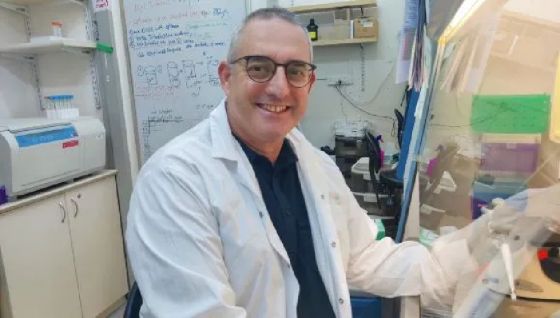
Breakthrough TAU Discovery Key to Reversing ALS
Findings may lead to ways to delay, or even roll back, the course of the fatal disease in its early stages.
A Tel Aviv University-led research team has uncovered a core mechanism that causes ALS and has succeeded in reversing its effects. While the root cause of ALS remains unknown, the discovery reveals the basic biological mechanism that leads to nerve destruction in the early stages of the incurable disease that afflicts an estimated one out of every 400 people.
To date, there is no effective treatment to prevent or halt disease progression. The average life expectancy of ALS patients is approximately three years from diagnosis. “This discovery can lead to the development of new therapies that could enable nerve cells to heal before irreversible damage occurs in the spinal cord,” said lead investigator Prof. Eran Perlson of the Sackler Faculty of Medicine and the Sagol School of Neuroscience at TAU.
New Tool for Combating the Disease
The team discovered that an abnormal buildup of a protein called TDP-43 in neuromuscular junctions, which translate brain signals into physical movements, leads to the degeneration and death of nerve cells (motor neurons). They found that this hinders the activity of mitochondria, which are critical for cells to function.
The researchers found that this process occurs during the early stages of ALS, initiating damage to motor neurons before patients develop serious symptoms. Eventually, the deterioration of nerve cells in the brain and spinal cord causes ALS patients to gradually lose voluntary muscle ability, leading to complete paralysis including the inability to breathe independently.
Reversing the Domino Effect
Using an experimental molecule (originally developed to enhance neural regeneration after injury), the team demonstrated its success in dismantling the toxic protein buildup found in ALS patients. Additionally, in lab models, the researchers showed that this approach actives the process of nerve regeneration, leading to almost complete rehabilitation from the disease.
Together with Dr. Amir Dori, director of the clinic for neuro-muscular diseases at Sheba Medical Center, and scientists from the US, UK, Germany and France, Perlson and doctoral students Topaz Altman and Ariel Ionescu conducted the study through a series of experiments. The findings were published in the peer-reviewed journal Nature Communication.
Featured image: Prof. Eran Perlson
Related posts
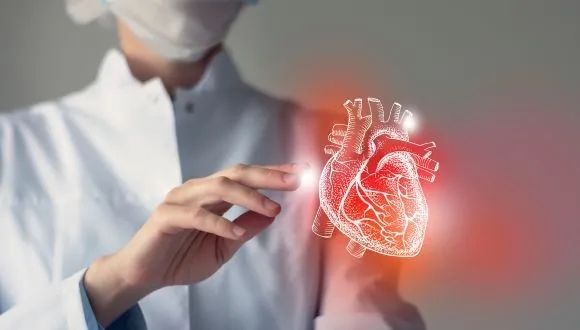





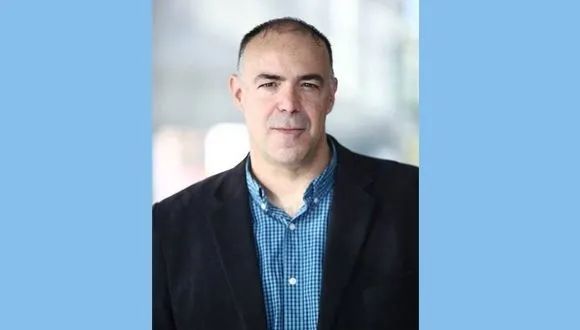
Destroying Cancer: new drug delivery system containing RNA therapy can target cancer cells in bone marrow

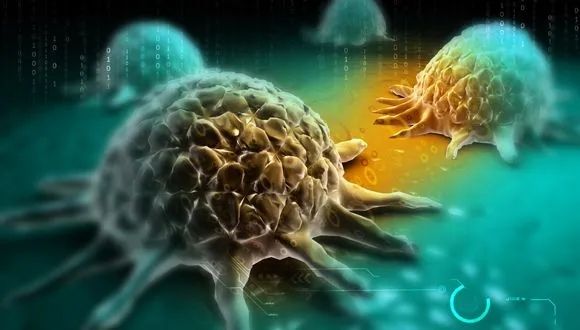
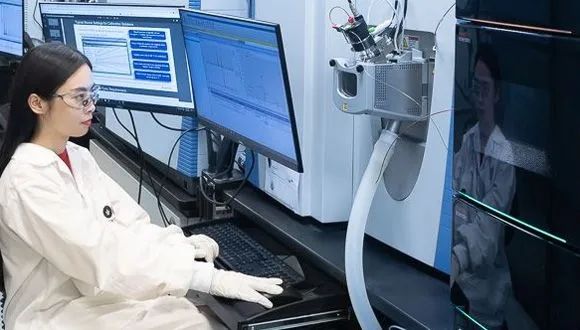


Operation Guardian of the Walls: Women, Young People and Residents of the South Paid the Heaviest Price
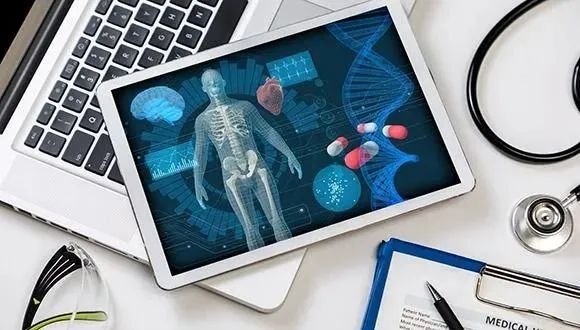

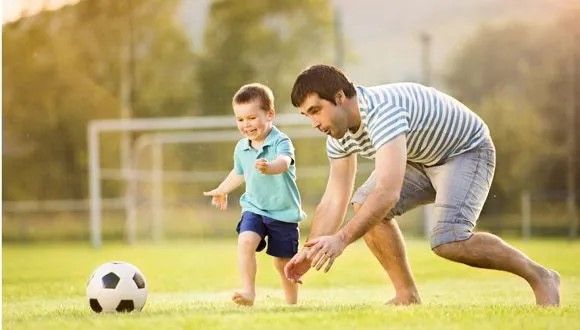
Breakthrough Gene Therapy Offers Hope for Severe Developmental Epilepsy in Children
